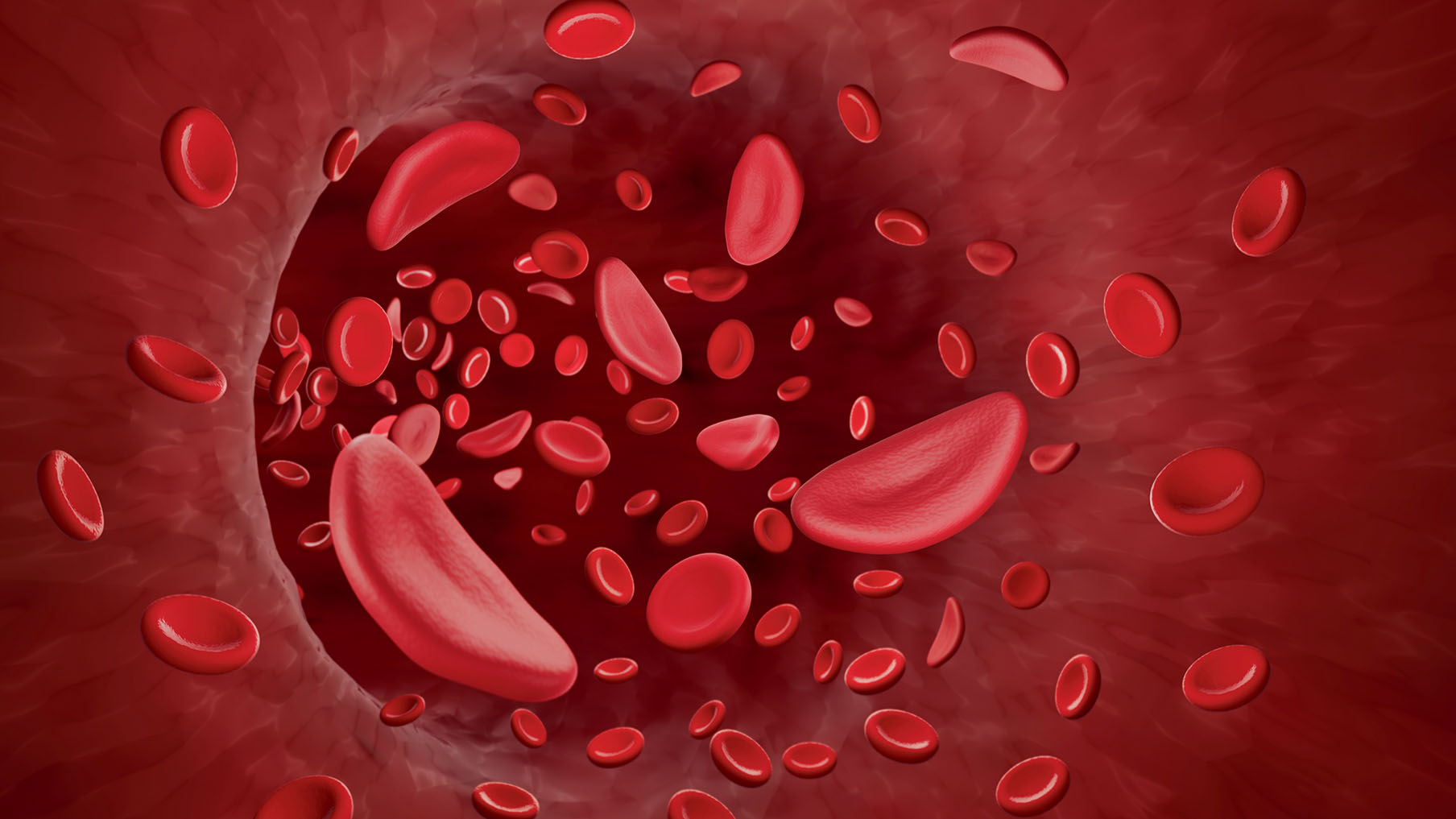A groundbreaking treatment for sickle cell disease, exagamglogene autotemcel (Exa-cel), has been approved for NHS use in England by the National Institute for Health and Care Excellence (NICE).
This one-off gene therapy has delivered remarkable results in clinical trials, offering hope to those with the condition. Exa-cel uses CRISPR technology – a Nobel Prize-winning gene-editing technique – to modify a patient’s bone marrow stem cells, enabling the production of functional hemoglobin. Blood stem cells are extracted from the patient, edited in a laboratory, and then re-infused into the body.
This approval marks a milestone in the battle against sickle cell disease. Exa-cel will not only improve patients’ quality of life but also reduce the long-term healthcare costs associated with managing the disease. Historically, sickle cell disease has required lifelong treatment, often leading to chronic pain, the fear of sickle cell crises, hospital stays and reduced life expectancy.
The treatment will be available at specialist NHS centres in London, Manchester and Birmingham for eligible patients over 12 years old, particularly those who suffer from repeated sickle cell crises and cannot find a stem cell donor.





